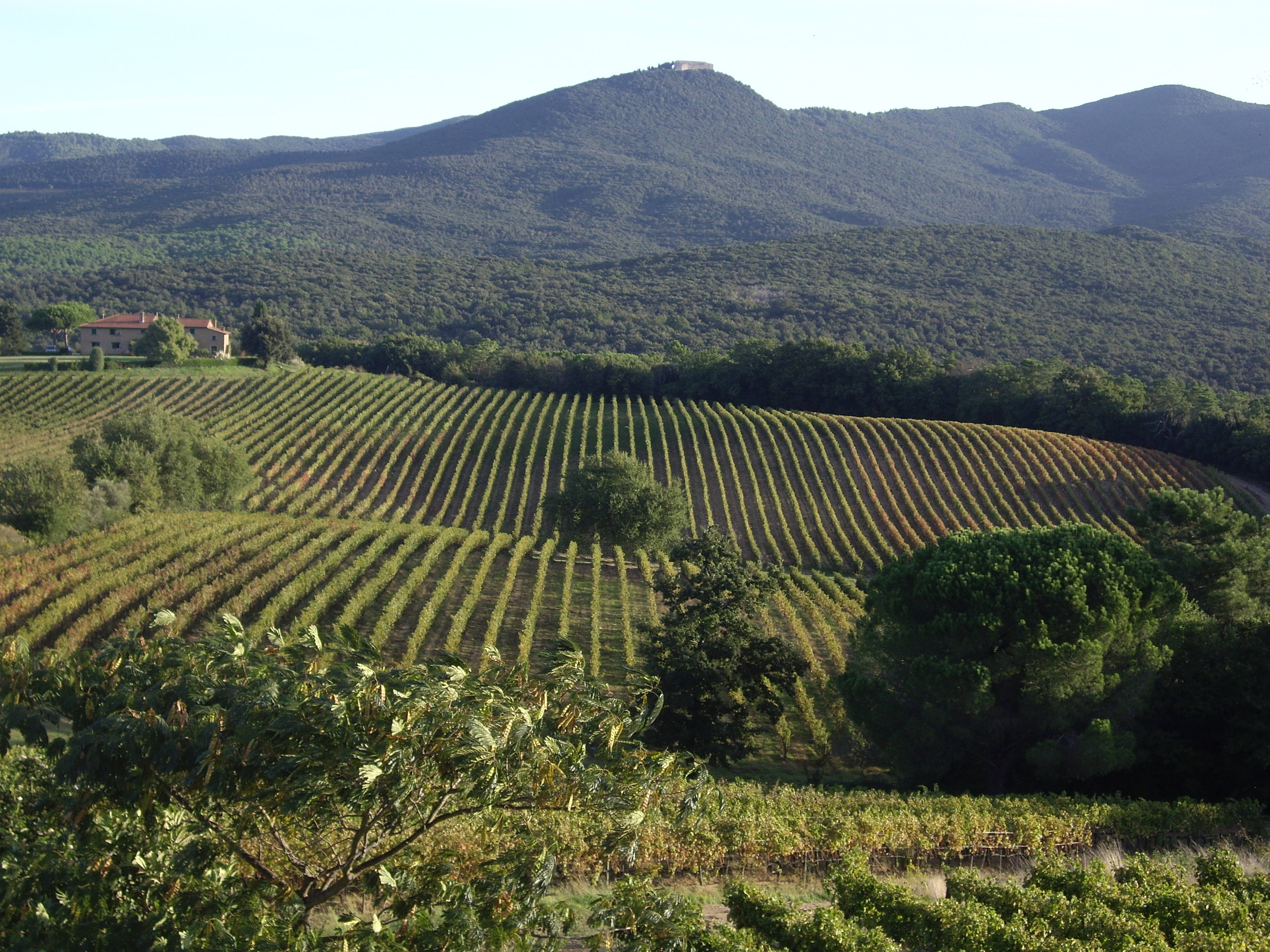
February 4, 2020, by Lexi Earl
The new agricultural bill: soils, sustainability and farming
It may have already left your news feed, but a few weeks ago a new agricultural bill was presented in parliament. We spoke to some of our local soil and plant scientists, Prof Sacha Mooney, President of the British Society of Soil Science, and Prof Malcolm Bennett, and Prof David Salt on what the new bill means for the UK, for farmers and for universities.
One of the most important aspects of the new agricultural bill is the focus on soil, and specifically soil quality. The reasons for the inclusion of soil in an agricultural bill are multiple, but soil scientists have been lobbying for its inclusion for a long period of time. A government enquiry on soil health two years ago focused people’s attention on the need to conserve soils.

The farm at our Sutton Bonington campus
Prof Mooney explained, “the big shift is, we are changing from farming that has been focused on maximising production to one that is seeking to improve sustainability. At the heart of this is the recognition that we lose soil faster than we form it. Soil takes a long time to form, in some cases it can be decades or hundreds of years for thin layers of soil to form. But we can lose significant quantities in just one afternoon through soil erosion with a heavy rainstorm or under poor management. If you are continuously net losing soil, eventually you will run out, and that will have a devasting impact on our ability to produce food”.

Conserving our soils is important for the future of food.
The new agricultural bill is part of a series of changes that the UK will need, now that the exit from Europe is finalised. The UK will no longer be tied to EU agricultural policies (including CAP), and so the way farming is financed and managed in the UK is going to change. The new agricultural bill moves to paying farmers for being environmental land managers, rather than just as food producers. Given the change in public mood around the climate crisis in the last year alone, the time is right for a new way to think about farming and agriculture.
The priorities of food security and environmental protection are at the heart of the new agricultural bill. Farmers will no longer just be responsible for the production of food, but will also provide public goods – including clean air and clean water. As Prof Mooney told us, “One thing that I’ve certainly noticed in the last few years, working with farmers, is just how many progressive farmers there are, who are already doing many of these things: maintaining hedgerows, reducing tillage, minimising traffic, using cover crops to minimise erosion, and there is a significant movement of farmers who are right at the cutting edge of it. And actually, some of them are way ahead of the scientists”.
Such a change in approaches to farming are driven by environmental awareness and a long-term view of the purpose of farming. Some farmers are more accepting of potential reduced yields by minimising cultivation, because it improves the health of the soil. Over time, as the natural structure of the soil evolves, developed by the microbes and organisms that live within it, the soil quality will be improved and therefore will support better crop production. But this is a long-term commitment. Farming is a business, and economics are always going to be important, but as Prof Salt pointed out, “when we think about wine makers for example, we immediately don’t think that all they are after is profit. We think they are very cultured, they take care of their vines, the land, the terroir but farmers are just the same, regardless of what they are growing. We shouldn’t be thinking about them in a different way at all”.

Vineyard in Tuscany
A new agricultural bill focused on soil health and long-term environmental sustainability also has implications for the research in institutes and universities. Farmer will need to be supported by universities and institutes who are undertaking research in soil science. There are several urgent research questions such as which cover crops work best, what crop grows best under different environmental conditions, how can we optimise the growth of crops such as wheat in compacted soil or when the soil is too wet or dry, this information needs to be shared to best support farmers. Greater openness and collaboration will need to be embraced by both scientists and farmers.
Traditionally, many plant scientists and soil scientists have considered that they work in different fields, with little collaboration. But greater integration is going to be necessary as we move towards creating a more sustainable world. As Prof Salt explained, “people interested in the evolution and adaptation of plants, and people interested in mechanisms are starting to merge and I think that is a really good sign because it’s saying that people are interested in the interaction between the soils and the plants and ultimately, that is the key because soils depend on plants for organic matter, plants depend on soils for nutrients. You can’t have one without the other really.”
No comments yet, fill out a comment to be the first

Leave a Reply